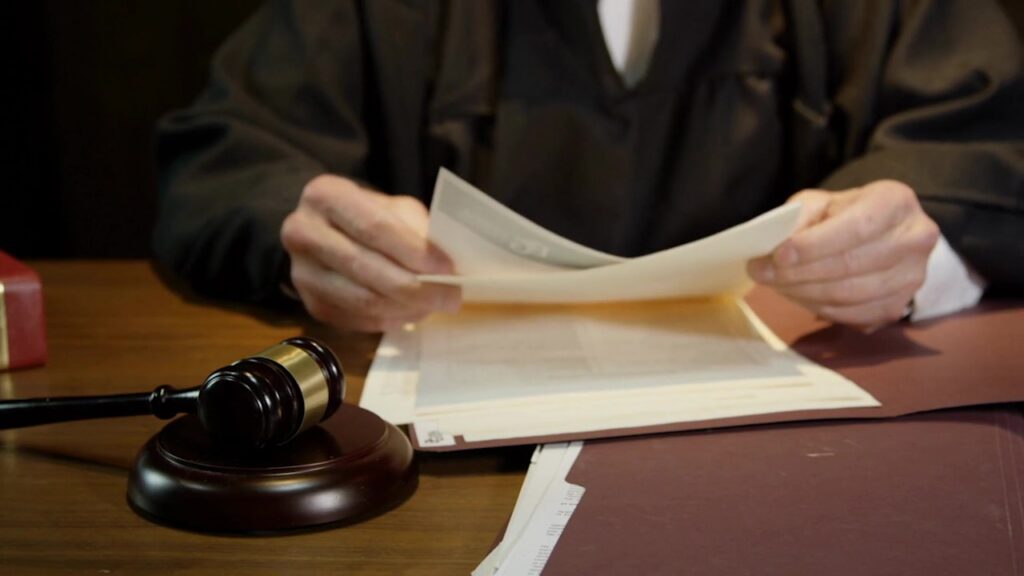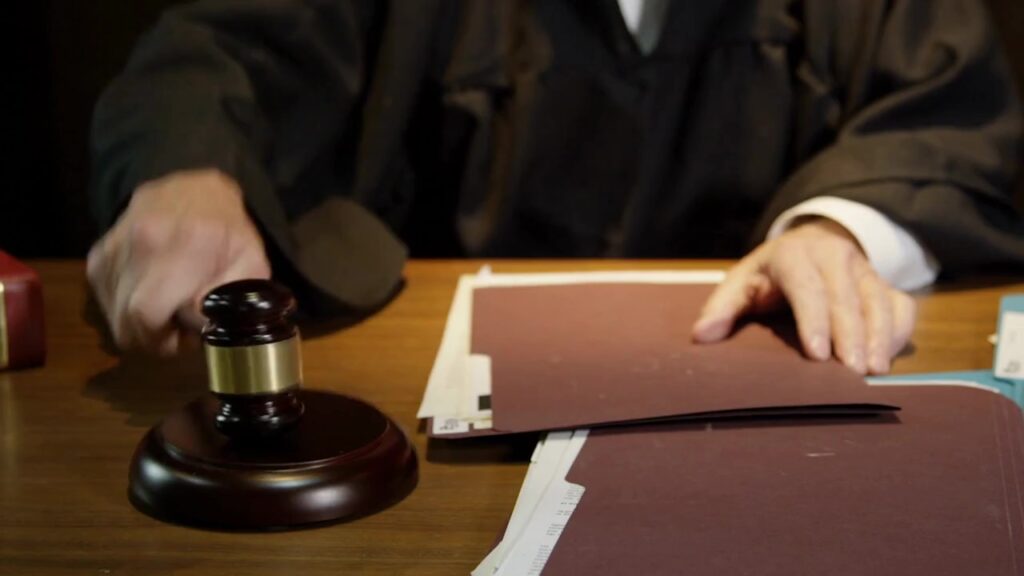The probate process can be riddled with complexities and potential pitfalls, especially when it involves the sale of real estate assets. From legal intricacies to family tensions, numerous challenges can arise, leading to costly mistakes and delays. In this post, we’ll explore ways to avoid common pitfalls and mistakes when selling real property in probate.
By understanding the potential pitfalls and learning how to avoid them effectively, you can mitigate risks, streamline the probate process, and ensure a successful sale of the estate’s assets.
Consult with a Probate Attorney
Consulting with a probate attorney is crucial for understanding the specific legal requirements and nuances of probate law in your jurisdiction. A qualified attorney can offer personalized guidance tailored to your unique circumstances, whether you’re dealing with intestate succession, contested wills, or complex estate issues. Additionally, an attorney can assist in drafting and filing necessary court documents, representing your interests in probate court proceedings, and resolving disputes that may arise among heirs or beneficiaries. Their expertise can help streamline the probate process, minimize delays, and protect the interests of the estate and its beneficiaries.
Organize and Document Assets
It’s essential to organize and document all relevant legal and financial paperwork associated with the estate. This includes wills, trusts, deeds, titles, insurance policies, and any other relevant documents. Keeping meticulous records of all estate-related correspondence, communications, and transactions will provide a clear trail of documentation that can be invaluable in resolving disputes, verifying asset ownership, and ensuring compliance with probate laws and regulations. By maintaining thorough documentation, you can streamline the probate process, minimize the risk of errors or oversights, and demonstrate transparency and accountability to all parties involved.

Open Communication with Beneficiaries
Regular communication with beneficiaries is essential throughout the probate process to maintain transparency and foster trust among all parties involved. In addition to keeping beneficiaries informed about timelines and requirements, it’s crucial to provide updates on the progress of the probate proceedings, including any significant developments or decisions that may impact their interests. Encouraging an open dialogue allows beneficiaries to voice concerns, ask questions, and provide input, facilitating a collaborative and cooperative approach to estate administration. By proactively addressing any misunderstandings or conflicts that may arise, you can minimize the risk of disputes and ensure a smoother probate process for everyone involved.
Obtain Professional Valuations
Obtaining professional valuations, including appraisals or market analyses, for significant assets such as real estate, business interests, and valuable personal property is essential. Accurate valuations not only help in setting realistic asking prices for the real estate but also prevent disputes over asset distribution among beneficiaries. Additionally, they ensure fair treatment of beneficiaries and compliance with legal requirements throughout the probate process. By obtaining professional valuations, executors can make well-informed decisions regarding the management and distribution of the estate’s assets, ultimately facilitating a smoother probate process and minimizing the risk of potential challenges or disputes.

Obtain Court Approval
In some jurisdictions, court approval may be required before selling real estate assets as part of the probate process. Seek court authorization to proceed with the sale to ensure compliance with legal requirements and protect the interests of the estate and beneficiaries. Executors typically possess the authority to manage assets, including house clearance, but must adhere to court procedures and notify stakeholders. An inventory of the deceased’s belongings can help prevent disputes and guide equitable distribution according to the will or court instructions. Adherence to legal protocols and seeking professional guidance is imperative to safeguard all parties’ interests.


Prepare the Property for Sale
Address any necessary repairs, maintenance, or renovations to enhance the property’s market appeal. Clean, declutter, and stage the home to attract potential buyers. A well-presented property can fetch higher offers and expedite the sale process. Prioritize curb appeal by maintaining the exterior of the property, including lawn care and any feasible repairs to enhance the first impression for prospective buyers. By investing time and resources in preparing the property for sale, you can maximize its market value and increase the likelihood of a successful and lucrative transaction.
Market the Property Strategically
Collaborate with a real estate agent experienced in probate sales to develop a tailored marketing strategy. Utilize both traditional and digital channels to maximize exposure and attract qualified buyers. Professional photography, virtual tours, and targeted advertising are just a few ways a real estate professional experienced in selling inherited real estate can showcase the property effectively.
Promptly File the Necessary Documents
File all required probate documents with the court in a timely manner, including the petition for probate, inventory of assets, and final accounting. Delays or omissions in filing documents can prolong the probate process and incur additional costs. This is especially important when real estate is involved.
Manage Estate Finances Prudently
Exercise sound financial management practices when handling estate assets, including paying expenses promptly and maintaining detailed accounting records. In most cases, a bank account will need to be opened for the estate. Avoid commingling estate assets with personal funds or using estate funds for personal expenses.

Mediate Disputes Amicably
In the event of disagreements or conflicts among beneficiaries, consider alternative dispute resolution methods, such as mediation or arbitration, to resolve issues amicably outside of court. Mediation can help preserve family relationships and expedite the probate process.
Stay Informed and Seek Assistance
Stay informed about changes in probate laws, regulations, and procedures that may affect the administration of the estate. Seek assistance from professionals, such as accountants, financial advisors, estate planners, and an experienced probate real estate agent as needed to navigate complex issues and ensure compliance with legal requirements.
Selling real property in probate requires careful planning, coordination, and expertise to navigate the complexities of the probate process successfully. By taking proactive steps, seeking professional guidance, and maintaining open communication with all parties involved, you can minimize the risk of things going wrong in the probate process and ensure a smooth and efficient administration of the estate.
Probate can be a meticulous process, demanding a serious and organized approach. If you find this information valuable and would like to learn more be sure to visit Probate Property Advisors’ YouTube channel. If you need assistance, schedule a free probate strategy session. Please contact us if you have any questions. At Probate Property Advisors, we stand ready to answer your questions and guide you through the complexities of probate and real estate.

